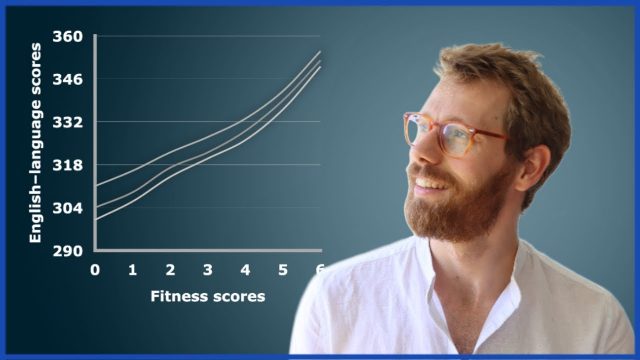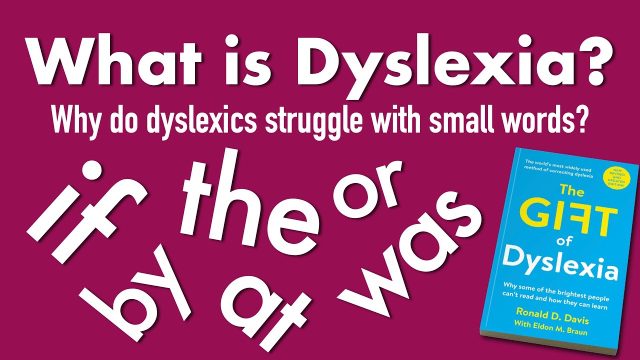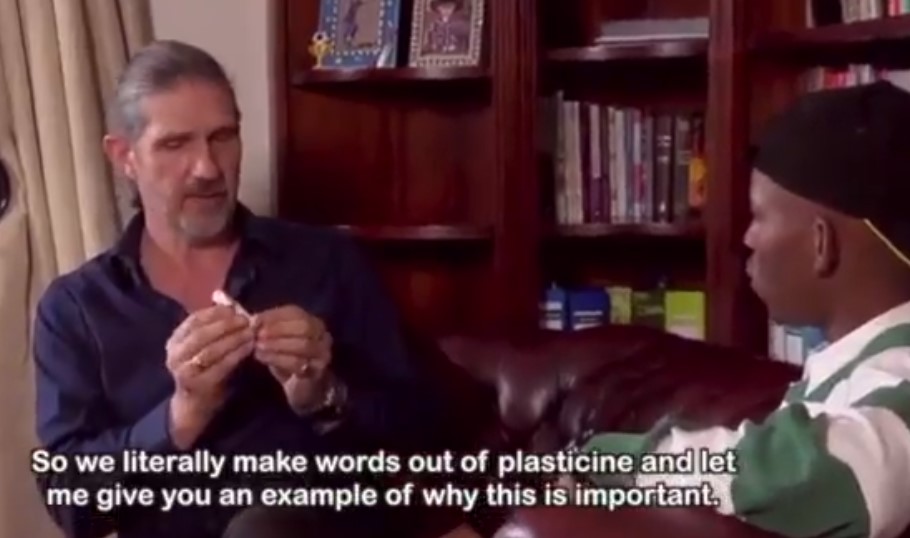The “Why Tyrannosaurus” Course for Parents
Several years ago, I gave a presentation to a group of special education teachers at which I emphasized how important it is for dyslexic learners to picture the meaning of what they are learning. Following the presentation, one acquaintance decided to try out a more visual approach when helping a fifteen-year-old pupil to understand acids and bases in chemistry. As part of this approach, she asked the pupil to make a poster showing the color changes that occur in Universal Indicator at different stages of the pH scale. The pupil stated that, two years earlier, she had learned that weak bases turn Universal Indicator indigo. When she started to create that part of the poster, however, she had a sudden realization: “I don’t actually know what indigo looks like!” At the age of thirteen, she had memorized a fact. Two years later, she understood it.
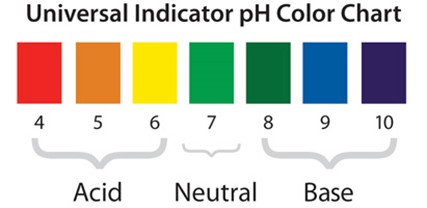
This girl’s experience epitomizes the often-tragic way in which bright, dyslexic children struggle continuously at school because, as picture-thinking dyslexics, they have been taught word-thinking strategies by their well-meaning but non-dyslexic teachers. The resulting mismatch between their natural thinking style and these acquired strategies causes failure. Again. And again. And again. Despite hard work – often very hard work.
During my time as a teacher, I encountered many fellow teachers — in my own school, and in training courses — who were hungry for fresh, meaningful, and effective guidance on how to teach struggling learners. Many had received a derisory amount of guidance on special education from their teacher training. Even tailored special education teacher training can be turgid and theoretical, with little emphasis placed on practical delivery and on how dyslexics actually think and learn.
The lack of practical dyslexia know-how among many of our mainstream teachers percolates through into confusion, frustration, and sometimes anguish in the parents of dyslexic individuals. Without skillful, sensitive, professional guidance, the discovery that your child has a learning difference can be a frightening, disorienting experience. Does this mean my child is dumb? What does it mean for his future career? How can I best support his homework? When should I be strict; when understanding? What does it mean when he comes home upset? Am I being too interfering in my engagement with his school? Or too laid back?
Three years ago, with the help of a small but wonderful team of fellow Davis Facilitators, I started work on a quick, simple but effective course for parents who are crying out for insights, strategies, and support that would make them the best helpers they can be for their dyslexic or otherwise bright but struggling child. The finished course went to press in March 2020, just before – guess what – the COVID-19 pandemic. Originally envisaged as a “circle of friends” course to be conducted by Facilitators in local premises, it came into the world as an online course on Zoom – and I was astonished at how well it worked in this unexpected medium.
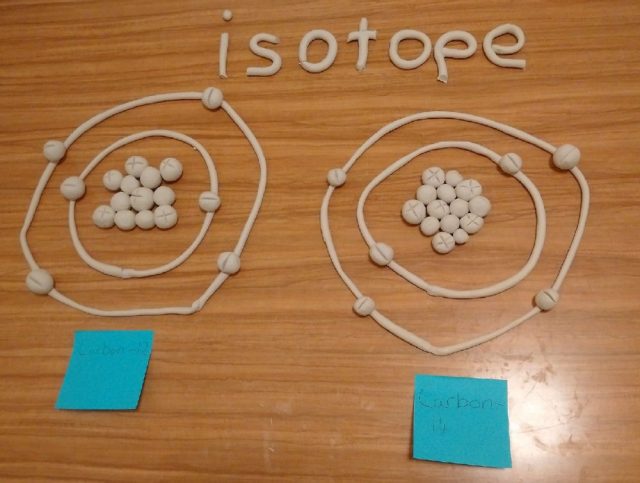
The “Why Tyrannosaurus But Not If?” training for parents is not the same as Davis Dyslexia Correction. It does not aim to correct reading and writing difficulties. Rather, it shows parents how to support their picture-thinking child in their school subject learning. It shows parents what to do when their child says, “Help! I just don’t get chemistry!” Or: “Why do I keep flunking my history tests even though I revise for them so hard?” Or: “How can I understand and remember my geography topics?” Using a targeted range of Davis-based techniques, parents learn how to help their children rebuild their academic confidence, harnessing their picture-thinking gifts to their school learning to produce a new kind of success.
Nearly two years later, some forty Davis Dyslexia Facilitators from around the world have trained to present this course. Participants receive twelve hours of training across six weekly sessions — with simple assignments to try out with themselves and their child between each session. Feedback from participants has been overwhelmingly positive. Here are a few of the comments we have received:
- “This course is extremely well organized and facilitated. It is friendly and enjoyable and has taught me ways to help my dyslexic child to enjoy learning. This includes learning to spell and enjoy reading.”
- “This has really helped me understand my children’s struggles with dyslexia, and increase my ability to support them to really understand their schoolwork or any other material, and become independent learners.”
- “Brilliant. I highly recommend it to parents with children who are struggling at school. Very helpful and eye-opening.”
- “I am honestly happily surprised at how much this course has changed my mindset. As an adult, I have learned so much about myself. It has unlocked years of confusion.”
For more information about this course, or to see a current schedule, visit:

